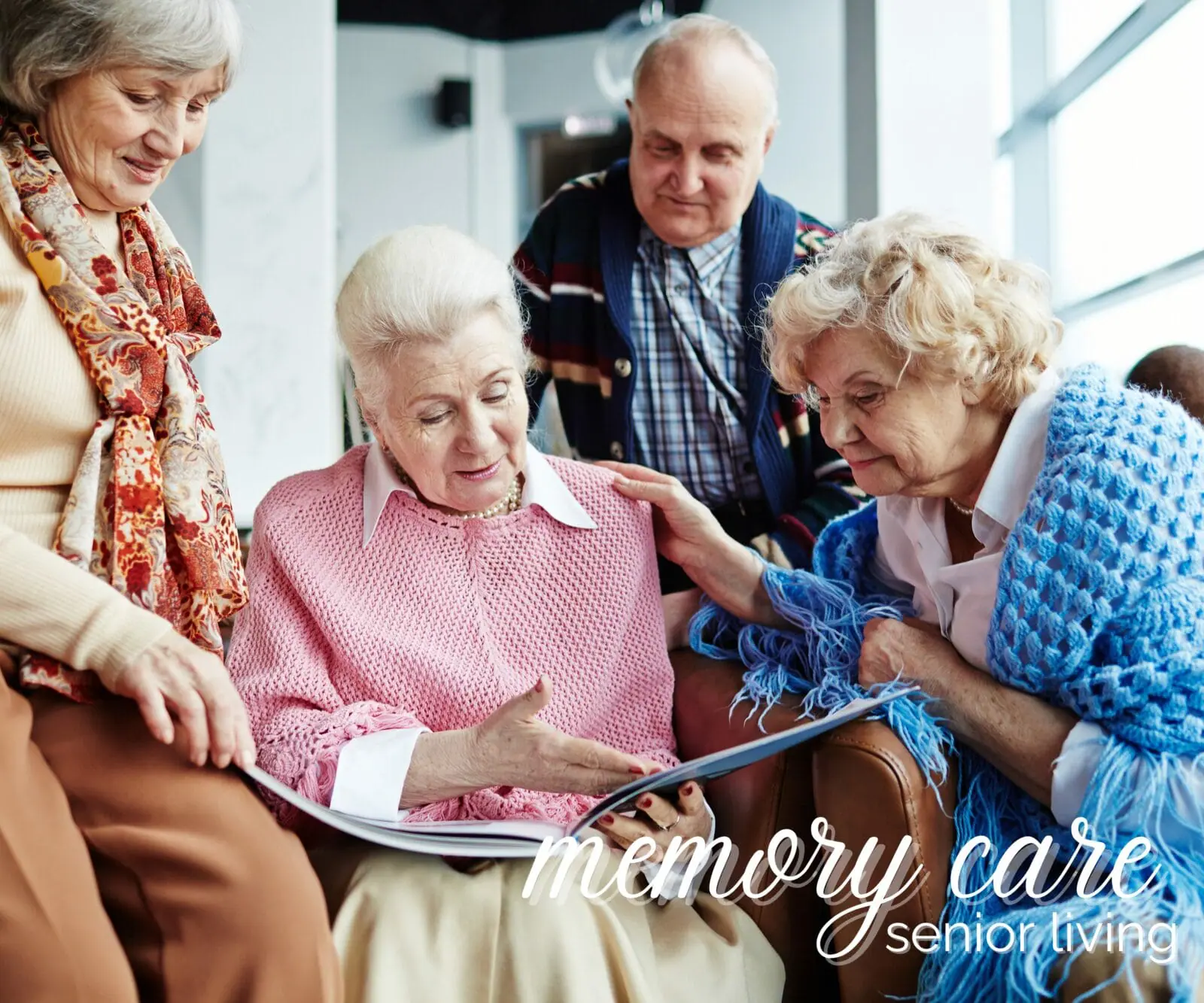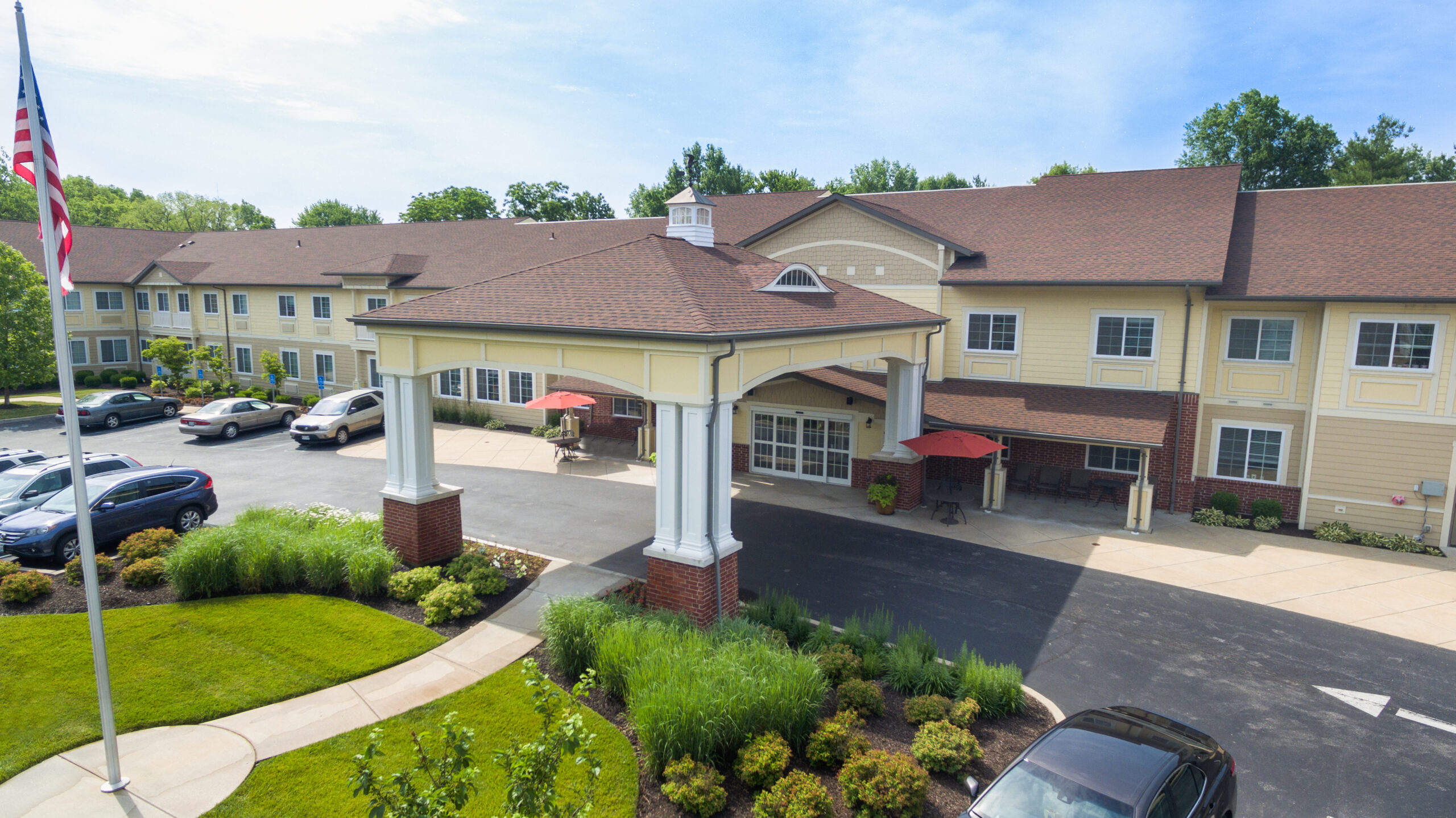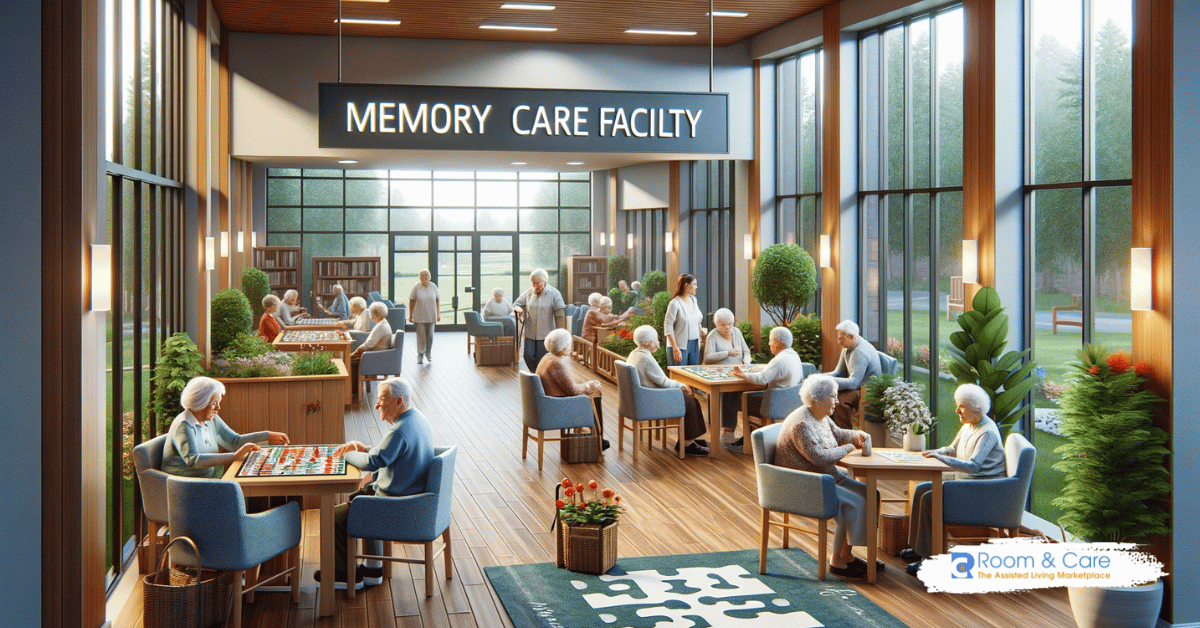Family-Oriented Facilities Offering Personalized Alzheimers Care Charlotte
Professional Tips for Providing Quality Alzheimer's Treatment in the house
Taking care of a private with Alzheimer's illness in your home presents distinct challenges that require both understanding and tactical planning. Establishing a structured everyday routine, boosting communication skills, and developing a safe setting are essential parts of reliable caregiving. In addition, caregivers must not forget the relevance of seeking external assistance and resources to maintain their very own wellness. As we explore these specialist suggestions further, it comes to be clear that a thoughtful method can considerably affect the high quality of life for both the caregiver and the specific receiving treatment. What certain techniques can be applied to make sure a supportive ambience?
Understand Alzheimer's Disease
Alzheimer's illness, a progressive neurodegenerative disorder, profoundly affects cognitive function and everyday living activities. As the illness advances, people might experience disorientation to time and location, damaged judgment, and adjustments in state of mind and individuality. Alzheimers Care Charlotte.
The etiology of Alzheimer's is intricate, entailing the buildup of amyloid plaques and tau tangles in the mind, which interfere with neuronal interaction and bring about cell fatality. Threat variables consist of age, genes, and way of living selections, with most of instances taking place in people over 65. Understanding of these elements is critical for caretakers, as recognizing the problem can promote far better assistance and care strategies.
Furthermore, Alzheimer's illness not just influences the specific yet also has considerable psychological and logistical effects for households. Recognizing the stages of the condition enables caregivers to prepare for challenges and adjust their technique, making certain that the requirements of those impacted are met with concern and understanding. This fundamental knowledge is essential for advertising top quality care at home.
Develop a Routine
Creating an organized daily regimen can considerably enhance the lifestyle for people coping with Alzheimer's illness. Establishing regular patterns helps to lower confusion and anxiousness, offering a feeling of safety and familiarity. A day-to-day schedule must include routine times for dishes, activities, and remainder, which can aid individuals expect what to expect throughout the day.
Incorporating basic, acquainted tasks into the regimen can advertise a feeling of achievement and independence. Activities like gardening, food preparation, or perhaps straightforward household duties can be useful. It is necessary to tailor these activities to the individual's rate of interests and abilities, making sure engagement without frustration.
In addition, flexibility within the regimen is vital. While consistency is essential, enabling adjustments based on the individual's mood or energy degrees can aid keep a favorable ambience. Urge engagement in social communications, whether via household sees or area tasks, as these can supply excitement and connection.
Enhance Interaction Skills
Efficient communication is important for maintaining meaningful links with people coping with Alzheimer's illness. As cognitive capabilities decline, conventional conversation may come to be tough. As a result, caregivers ought to adjust their interaction methods to promote understanding and connection.

Active listening is important. Show authentic passion by keeping eye call and responding to recognize their thoughts go or sensations. Stay clear of fixing or saying, as this might lead to disappointment. Rather, verify their feelings and redirect the conversation carefully if needed.
Utilizing visual aids, such as pictures or created suggestions, can additionally boost understanding. Motivate participation in activities that stimulate discussion, such as thinking back regarding past events or looking through image cds.
Produce a Safe Environment
A supportive setting plays check here a substantial function in the well-being of people with Alzheimer's illness. Producing a safe home setup is necessary to lessen risks and boost the top quality of life for both the private and their caregivers. Begin by analyzing the living area for potential threats. Get rid of stumbling threats such as loose carpets, electric cords, and mess. Guarantee that pathways are well-lit and clear to prevent falls.
Mount security locks on windows and doors to avoid roaming, which is an usual issue in Alzheimer's people. Furthermore, take into consideration utilizing non-slip floor coverings in bathrooms and set up grab bars for included support. Identifying areas and important products can aid individuals navigate their environments more easily.
Emergency situation calls ought to be plainly uploaded near phones, and a clinical alert system can supply tranquility of mind. Consider using childproofing procedures for unsafe substances and sharp items. Consistently check smoke detectors and carbon monoxide alarm systems to guarantee they are functioning. On the whole, customizing the home setting to the one-of-a-kind requirements of the individual with Alzheimer's not just advertises security yet also encourages self-reliance and convenience.
Seek Support and Resources
Accessing assistance Full Article and resources is critical for caretakers and people encountering the difficulties of Alzheimer's condition. Caregiving can be frustrating, both literally and mentally, and it is necessary for caregivers to seek support to maintain their wellness and provide high quality treatment.

Furthermore, checking out break care choices can manage caretakers much-needed breaks, allowing them to decrease and recharge burnout. This might include grown-up day programs or at home treatment solutions. Monetary assistance programs may additionally be offered to aid counter the expenses of treatment.

Verdict
In summary, offering high quality Alzheimer's treatment in the house requires a multifaceted strategy. Comprehending the intricacies of the condition, establishing a structured routine, improving interaction skills, producing a risk-free environment, and looking for assistance from offered sources collectively add to improved caregiving experiences. Implementing these methods not only cultivates a feeling of independence and success for people with Alzheimer's however likewise alleviates caregiver anxiety, ultimately enhancing the lifestyle for both caretakers and those they sustain.
Caring for an individual with Alzheimer's condition at home presents unique challenges that call for both understanding and critical preparation.Moreover, Alzheimer's disease not just affects the specific yet likewise has considerable psychological and logistical ramifications for family members.Developing an organized everyday regimen can considerably boost the top quality of life for people living with Alzheimer's disease.Effective communication is crucial for keeping purposeful connections with people living with Alzheimer's disease. Alzheimers Care Charlotte. Executing these approaches not just fosters a feeling of self-reliance and success for individuals with Alzheimer's but likewise relieves caregiver stress and anxiety, eventually boosting the quality of life for both caregivers and those they sustain